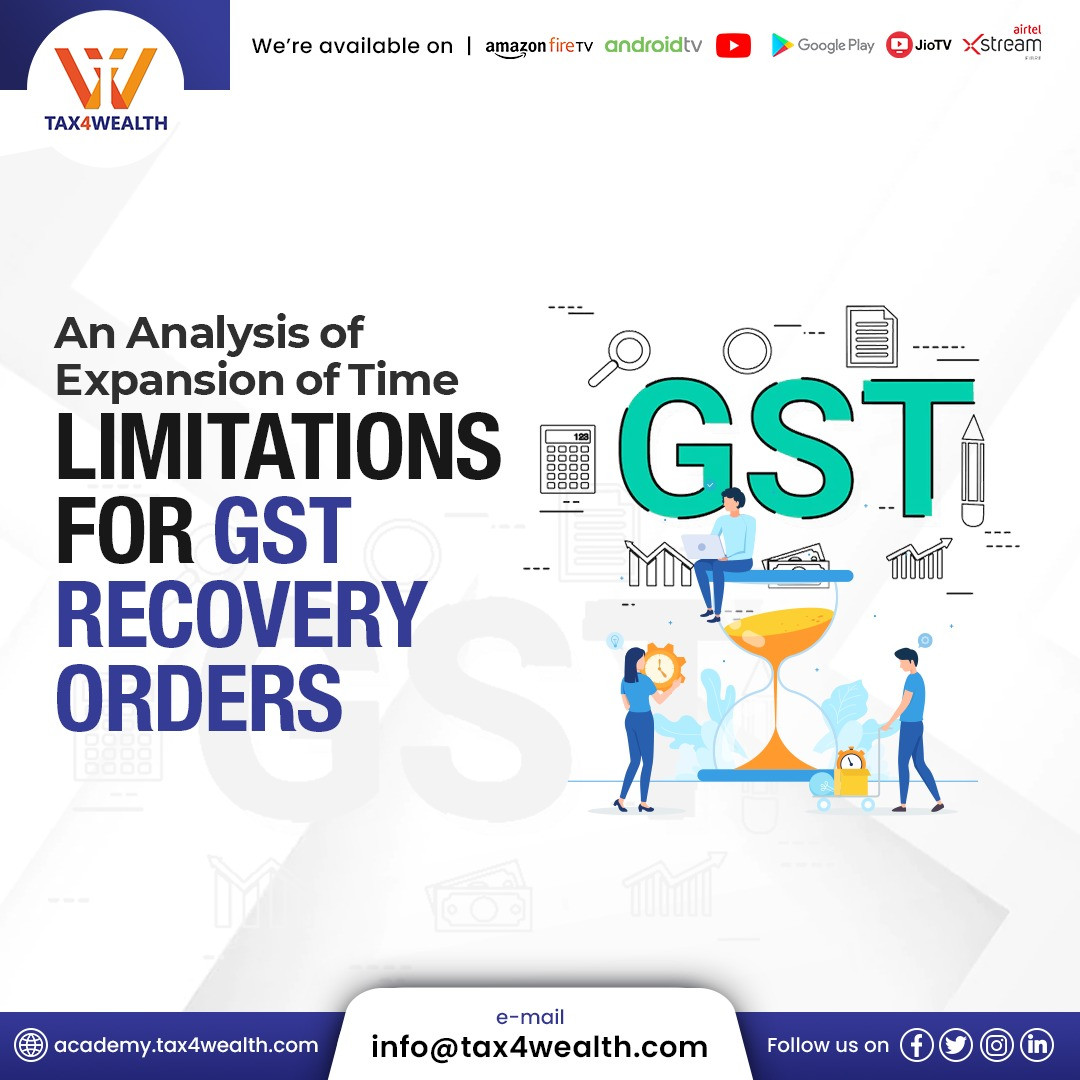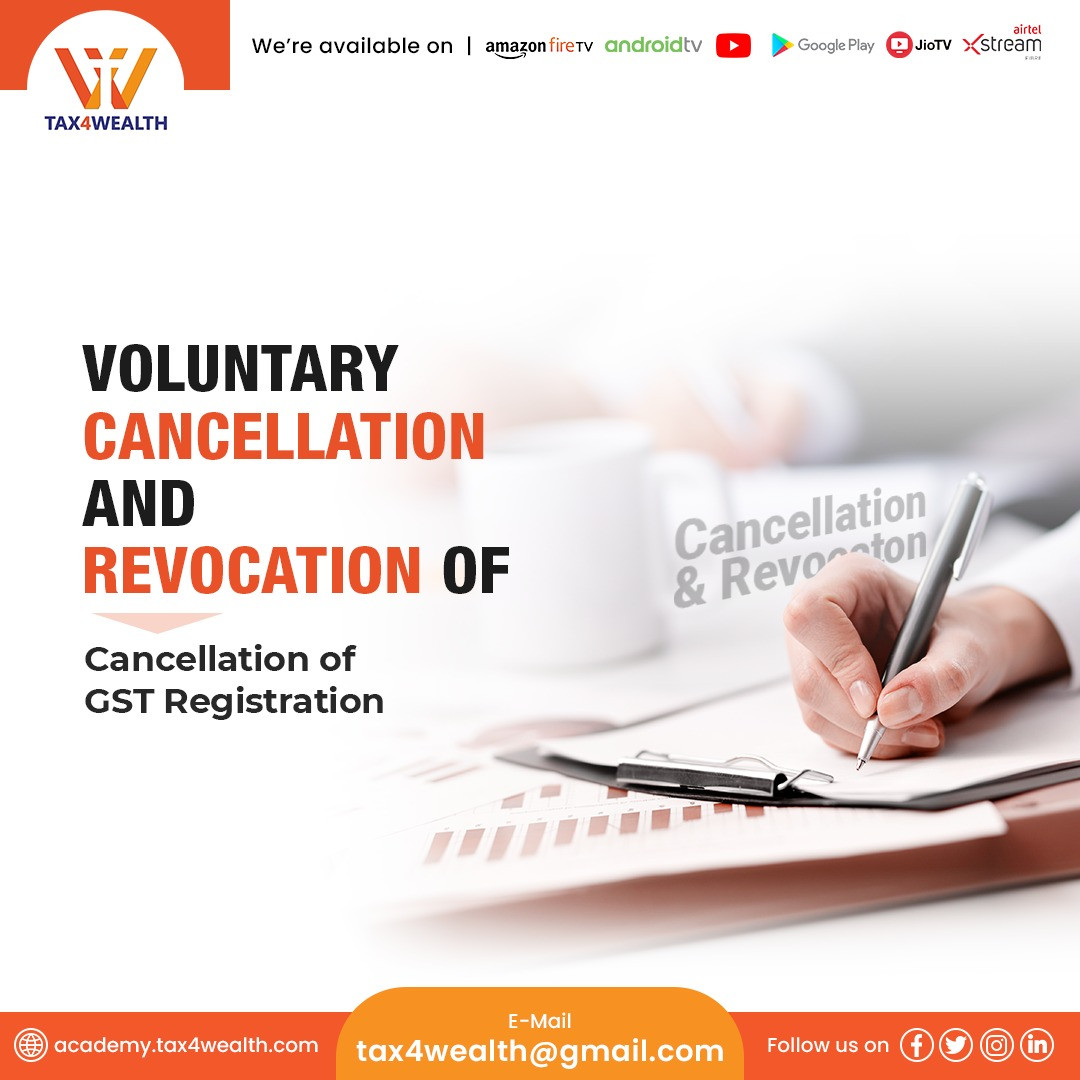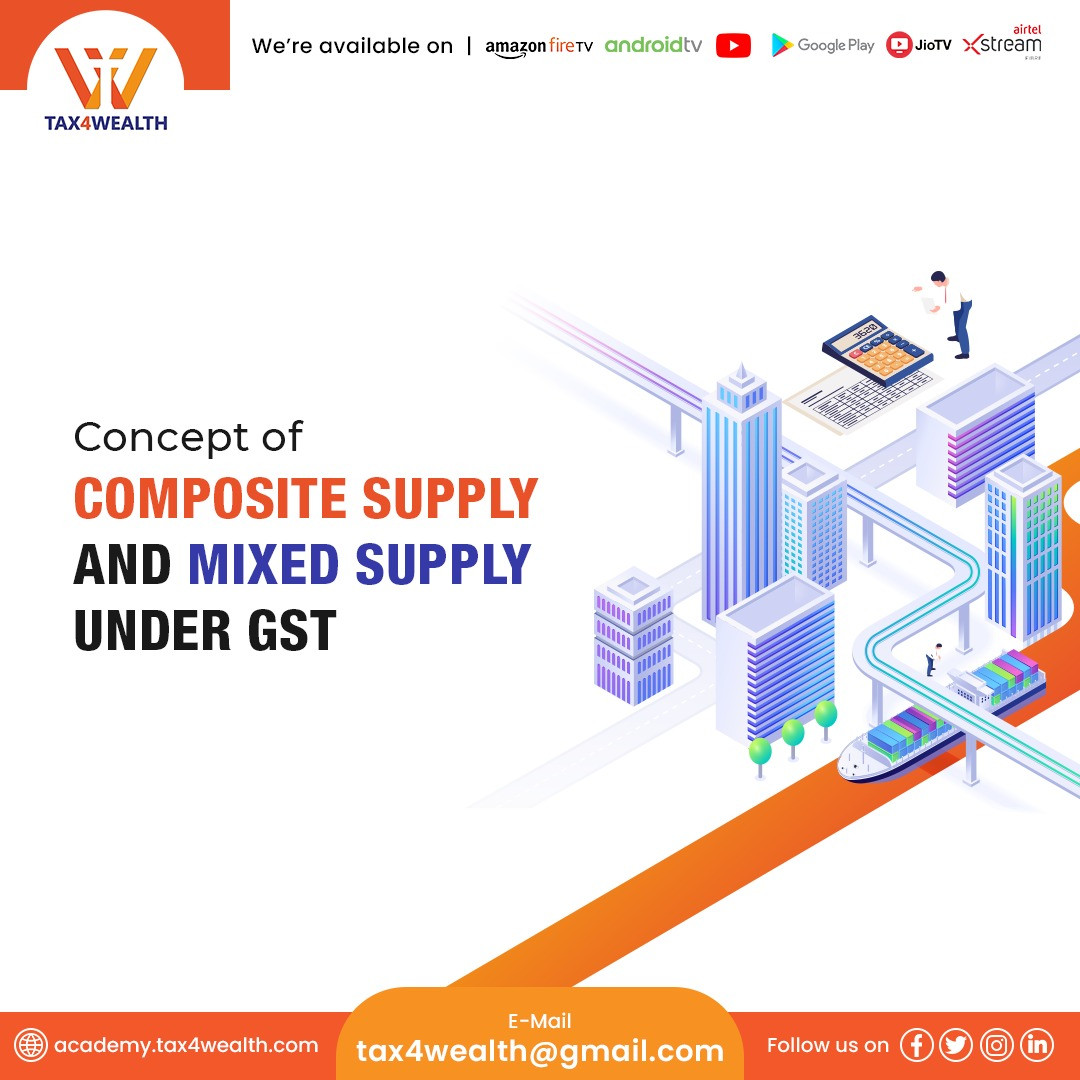
An Analysis of Expansion of Time Limitations for GST Recovery Orders
The recent notification, No. 56/2023-Central Tax, issued by the Ministry of Finance, marks a significant amendment to the time limits for issuing orders under section 73 of the CGST Act, 2017. This move, empowered by section 168A of the Act, has sparked discussions on the implications of extending these limits and its effects on tax recovery.
Primarily, the amendment extends the time limit specified under section 73(10) for the issuance of orders under section 73(9), focusing on the recovery of tax not paid or short paid, or input tax credit wrongly availed or utilized. Analysing this development reveals several crucial aspects:
Legal Basis and Scope:
The amendment finds its foundation in section 168A of the Central Goods and Services Tax Act, 2017, in conjunction with section 20 of the Integrated Goods and Services Tax Act, 2017, and section 21 of the Union Territory Goods and Services Tax Act, 2017. This broad legal framework empowers the Ministry of Finance to enact such changes.
Modification of Previous Notifications:
The current notification modifies earlier notifications issued by the Ministry of Finance, including No. 35/2020-Central Tax, No. 14/2021-Central Tax, No. 13/2022-Central Tax, and No. 09/2023-Central Tax, bringing forth alterations specifically concerning time limits for recovery orders.
Extended Time Limits and Financial Year Specifications:
The amendment crucially extends the time limit for the issuance of recovery orders under section 73(9) for particular financial years. For instance, for the financial year 2018-19, the deadline now extends up to the 30th day of April 2024, while for the financial year 2019-20, it extends up to the 31st day of August 2024.
What are the Implications of this Amendment?
The extended time limits bring relief to taxpayers who might have encountered challenges meeting tax obligations for the specified financial years. This extension grants them additional time to rectify discrepancies and adequately respond to proceedings initiated under section 73.
Moreover, this amendment aligns with the government's commitment to facilitating a fair and reasonable resolution of tax-related matters. It allows both tax authorities and taxpayers a more comprehensive period to thoroughly examine and address the issues at hand, promoting a more equitable process.
Additionally, the extension is rooted in recommendations put forth by the Council, showcasing a collaborative approach between the government and industry stakeholders. This collaboration aims to ensure a balanced and effective implementation of tax regulations, fostering an environment conducive to compliance and fair resolution.
Who can Grant the Extension?
The power to grant an extension lies with the Commissioner, who must be satisfied that the grounds for extension are valid and genuine. The Act prescribes a maximum limit of one year for extensions beyond the initial prescribed timeframe.
The Critical Considerations Regarding this Extention?
While extensions offer breathing space, there are some crucial aspects to consider:-
1. Transparency and justification: The grounds for granting an extension must be transparent and well-documented to avoid accusations of arbitrariness or favouritism.
2. Timely application: Taxpayers must apply for extensions well in advance before the expiry of the original deadline to avoid complications.
3. Prevention of misuse: Overly frequent extensions should be discouraged to maintain the efficiency and integrity of the tax system.
In conclusion, the amendment brought forth by the recent notification bears significant implications for tax recovery processes. It balances the need for timely tax recovery by providing taxpayers the necessary leeway to address any discrepancies, ultimately fostering a more equitable and efficient tax resolution framework.
For more information, Visit us at: https://academy.tax4wealth.com/
Related News
No comments yet, Be the first to comment.













